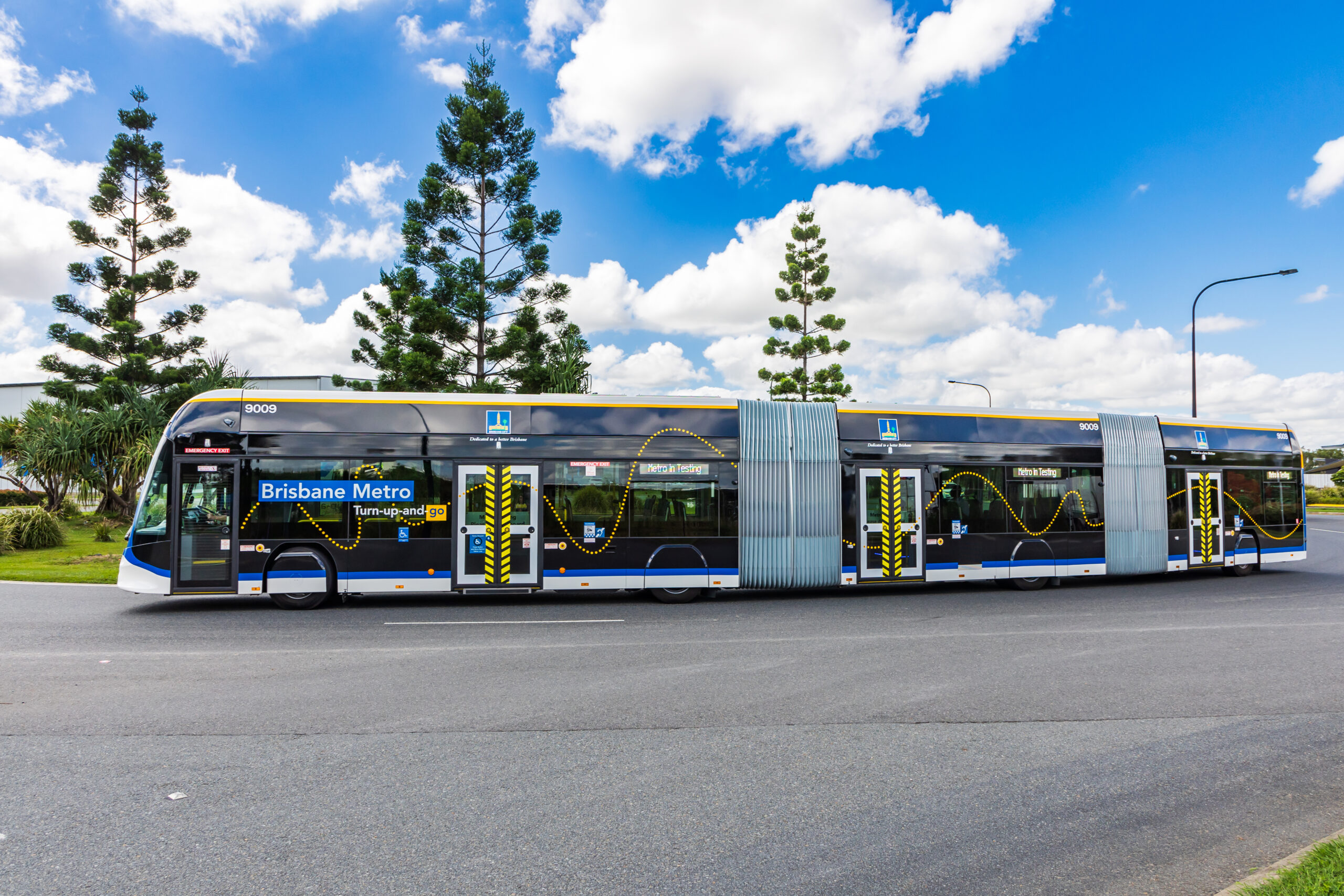“Through the project, Idemitsu will accelerate the establishment of mass-production technology for solid electrolyte materials, based on our own raw materials and patents for materials and manufacturing technologies, which should contribute to the early launch of the all-solid-state battery market,” the company explained.
“Moreover, to further expand the all-solid-state battery market for the realization of an electric power society, Idemitsu will expand and advance business areas beyond solid electrolytes to adjacent areas (for providing values such as the further development of next-generation battery materials and recycling),” they added.
Long Range EV Batteries: Better Late Than Never
Toyota has taken its share of lumps for sticking with hybrid EV technology and promoting fuel cell EVs while other automotive stakeholders have jumped on next-generation lithium-ion technology to push the market for 100% battery powered mobility.
Nevertheless, now that Toyota is ready to go all-electric, it is jumping in with both feet first. In its solid-state EV battery announcement last week, Toyota underscored its commitment to collaborating on all-solid-state technology with Idemitsu.
“Through this collaboration, the two companies, which lead the world in the fields including material development relating to all-solid-state batteries, seek to ensure the successful commercialization of all-solid-state batteries in 2027-28,” Toyota explained.
“As for next-generation batteries which support an evolution of BEVs, Idemitsu has been working on research & development on elemental technologies for all-solid-state batteries since 2001, while Toyota started in 2006,” the company noted.
“This collaboration focuses on sulfide solid electrolytes, which are seen as a promising material to achieve high capacity and output for BEVs. Sulfide solid electrolytes are characterized by softness and adhesiveness to other materials, which is suitable for battery mass production,” Toyota also confirmed.
Phase 1 of the collaboration will focus on fine tuning the scaled-up pilot facility already planned by Idemitsu.
In Phase 2, the companies expect to begin mass production at the pilot facility, with an eye on launching battery-powered EVs sporting the new solid-state battery in the 2027-2028 time slot and then moving on to full-scale mass production.
Automotive News is among those reporting that the two companies expect their all-solid-state battery to provide for a driving range of more than 620 miles, and the capability to charge up to 80% in just 10 minutes.
Upcycling Refinery Byproducts For The EV Battery Of The Future
In the announcement, Toyota also confirmed that petroleum refineries will play a key role in the development of a mass-produced solid-state battery.
“Idemitsu has also been developing production technologies of lithium sulfide which is an intermediate material for solid electrolytes, using by-products which are generated in the course of petroleum refining,” Toyota explained.
The two companies anticipate a steady, reliable source of lithium sulfide from Idemitsu’s petroleum business. That forecast is supported by the International Energy Agency, which anticipates that rising petrochemical demand will offset a coming slowdown in the use of petroleum for transportation fuels.
In a press conference last week, Idemitsu President and CEO Shunichi Kito drew attention to his company’s decades-long foray into solid-state battery technology. He also suggested how legacy fossil energy companies (looking at you, ExxonMobil) can leverage their existing assets to accelerate decarbonization in meaningful ways, rather than relying on carbon capture schemes.
“Idemitsu discovered the usefulness of sulfur components in the mid-1990s, and through our research and technological capabilities cultivated over many years, we have succeeded in creating a solid electrolyte,” he explained. “With our existing infrastructure and networks of service stations, refineries, and business offices throughout Japan, our initiatives are built on the knowledge and technology we have developed through our fossil fuel business.”
Where’s Congress?
Of course, no story about solid-state EV batteries would be complete without a mention of the state of affairs in the halls of Congress, where Republicans in the Republican-led House of Representatives have decided not to govern while President Joe Biden is in office. They fired their Speaker on October 4 without a replacement, and the House can’t conduct any normal business until the majority party elects a new Speaker.
That’s not normal, but it is entirely consistent with Republican-led efforts to prevent Biden from taking office in the first place. It wasn’t too long ago that 139 Republican members of the House voted in support of a scheme to overturn the 2020 elections in favor of the losing Republican candidate, Donald Trump.
The whack-a-mole chaos in the House since October 4 has accomplished almost the same thing, only without the help of a violent mob of white supremacists.
Meanwhile, over in the US Senate, Republican Senator Tommy Tuberville of Alabama has been holding up hundreds of military promotions, while Republican Senators Rand Paul (Kentucky), JD Vance (Ohio), and Ted Cruz (Texas) have similarly shut down key State Department appointments.
It’s yet another indication of the outsized influence that Trump continues to wield on Republican members of Congress with a healthy assist from conservative media, despite having been rejected by voters in 2020.
If you have any thoughts about that, drop us a note in the comment thread.
Photo: New sulfide-based solid state EV battery to be mass produced by Toyota and Idemitsu (courtesy of Toyota).




